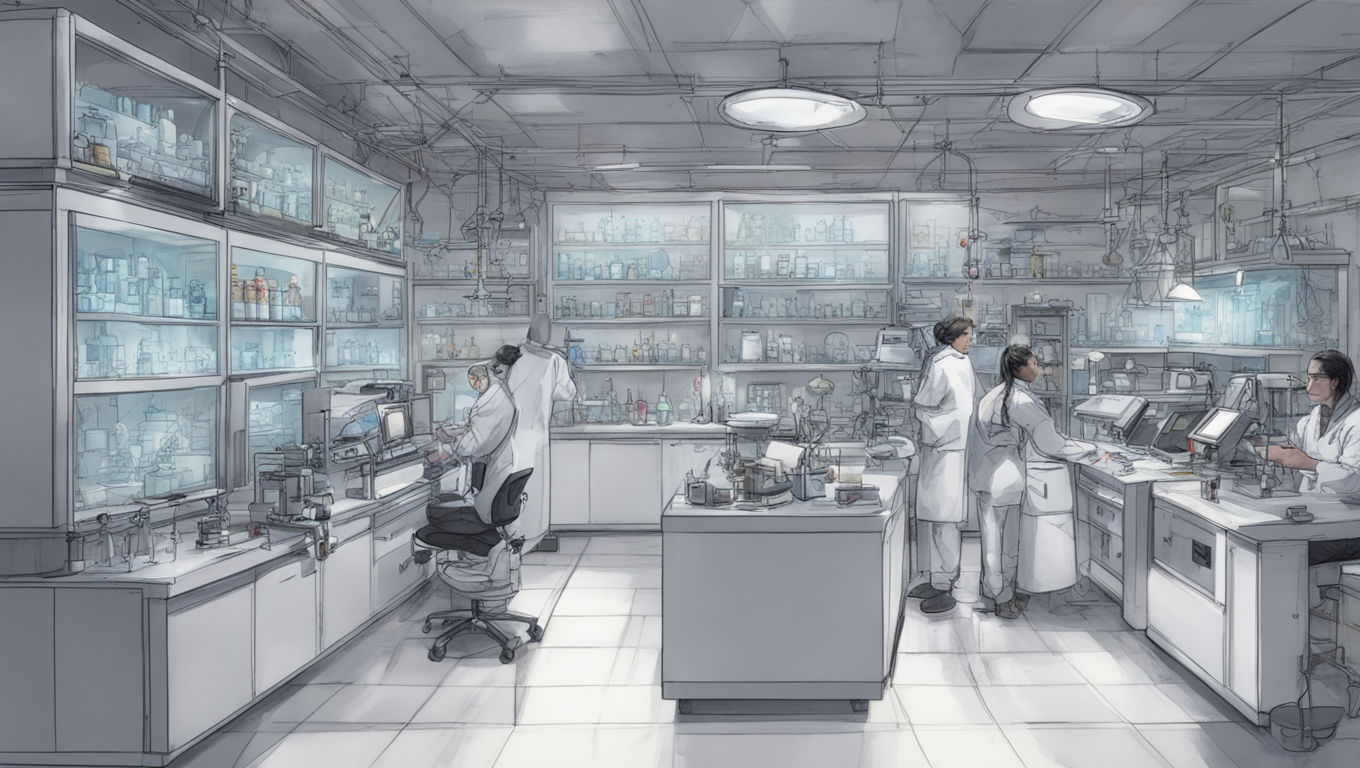Artificial intelligence (AI) has the potential to revolutionize the healthcare system and significantly reduce cancer deaths in the UK, according to Lord Darzi, a former health minister. In a recent review of the NHS, Lord Darzi emphasized the importance of harnessing AI’s transformative power and integrating it into the health service. He believes that AI could eventually be used to quickly detect all types of cancers, leading to earlier treatment and improved survival rates.
However, Lord Darzi also stressed the need for caution and robust regulation when implementing AI in healthcare. While he sees the possibility of a future where AI is widely used to detect cancers, he believes that ambition must be tempered with pragmatism. Achieving this vision would require endorsement of innovation by the government and a regulatory framework to ensure the responsible and ethical use of AI technology.
The Labour Party has pledged to prioritize cancer and improve survival rates in the UK, which currently lag behind those of other European countries. Access to timely diagnosis and treatment, including chemotherapy and radiotherapy, remains a challenge, with more than four in five NHS trusts failing to treat patients on time. Lord Darzi joins other leading voices in oncology in calling on the government to develop a dedicated cancer strategy to address these issues.
In support of this effort, leading cancer charities have partnered with AstraZeneca for its Cancer: Project Zero initiative. The aim of this collaboration is to eliminate cancer as a cause of death and offer advice to ministers on how to meet new cancer targets. Professor Richard Simcock, chief medical officer at Macmillan Cancer Support, believes that AI will play a crucial role in future strategies. He envisions AI solutions that can easily interpret complex pathology or radiology reports, making it more accessible for patients to understand their diagnosis and treatment options.
Aside from the healthcare benefits, there is also a strong economic argument for investing in cancer research. Every £1 invested in research is estimated to generate £2.80 in economic benefits. Michelle Mitchell, chief executive of Cancer Research UK (CRUK), emphasized the importance of research and innovation in doubling cancer survival rates over the past 50 years. She believes that the UK is currently in a golden age of cancer research, which, if properly harnessed, can lead to economic growth and improved patient outcomes.
Anna Arent, head of oncology at AstraZeneca UK, shared that the goal of their campaign is to celebrate the progress made in cancer research and work together to address the next steps. She highlights the recent commitment by the government to a dedicated cancer strategy and calls for collaborative development with the cancer community.
In summary, Lord Darzi’s call to harness the power of AI to revolutionize healthcare and reduce cancer deaths in the UK has gained support from various experts and organizations. While AI holds great promise, careful consideration and regulation are necessary to ensure its responsible use. The government’s commitment to a dedicated cancer strategy, coupled with advancements in AI technology, has the potential to greatly improve patient outcomes and drive economic growth through cancer research and innovation.





Use the share button below if you liked it.